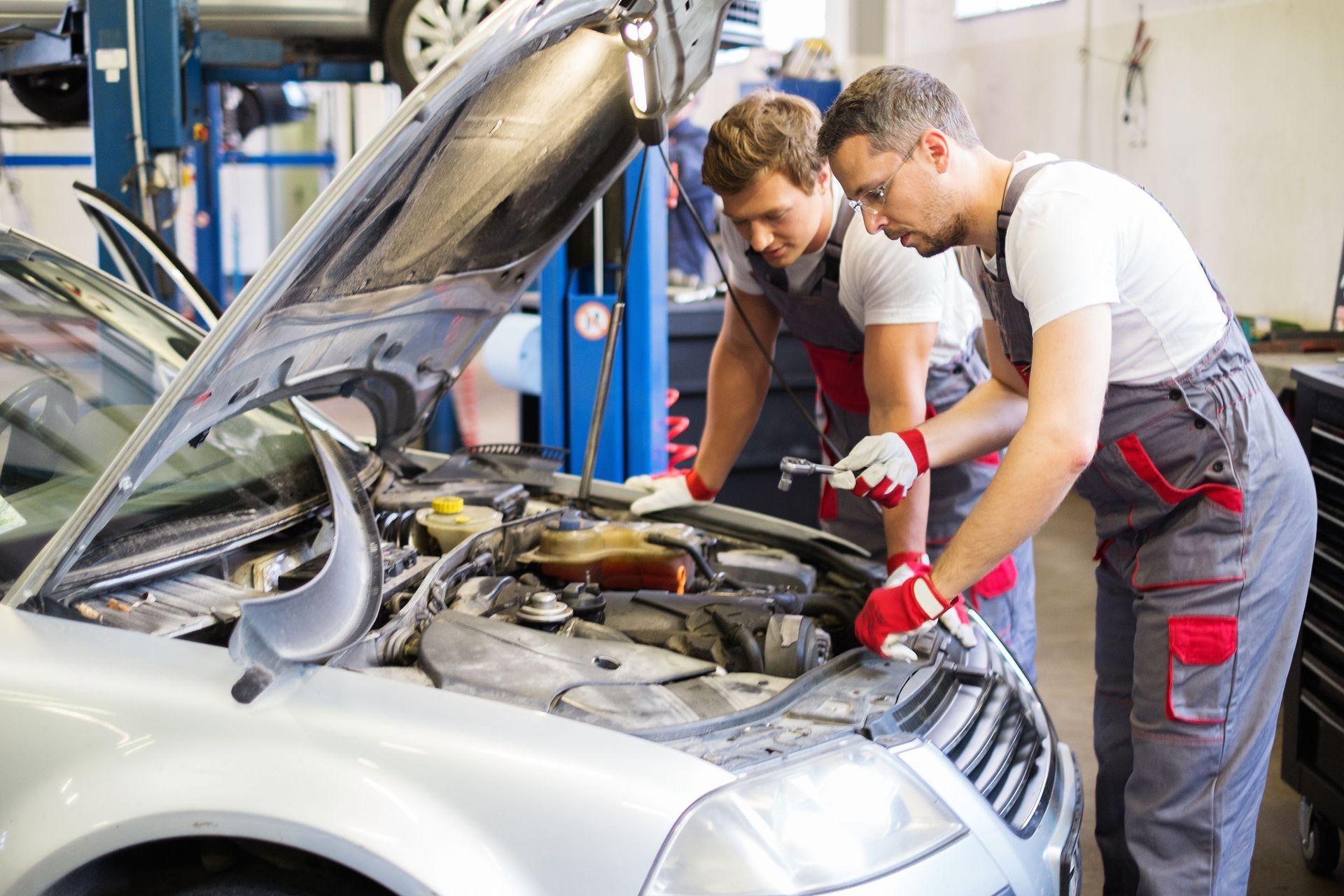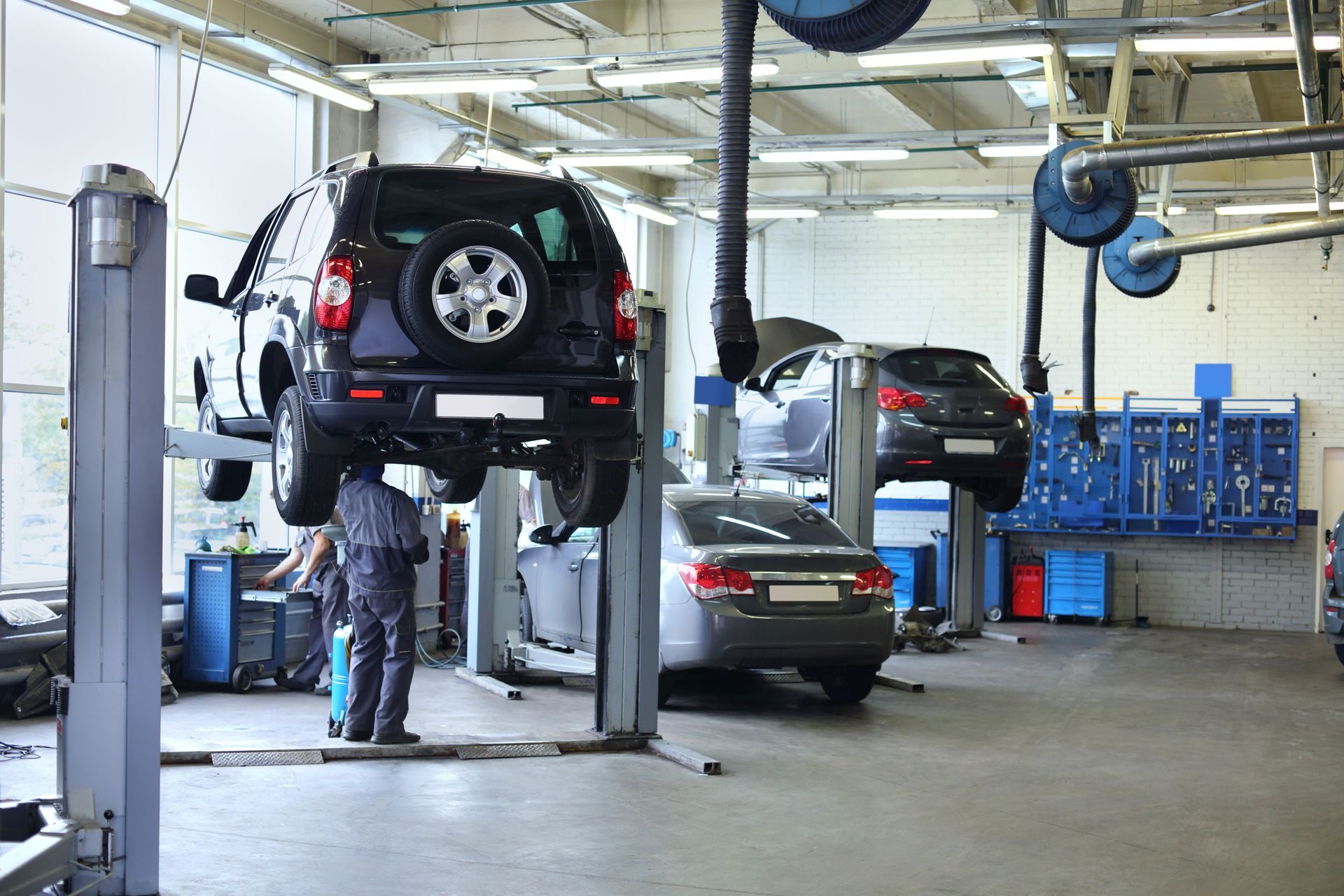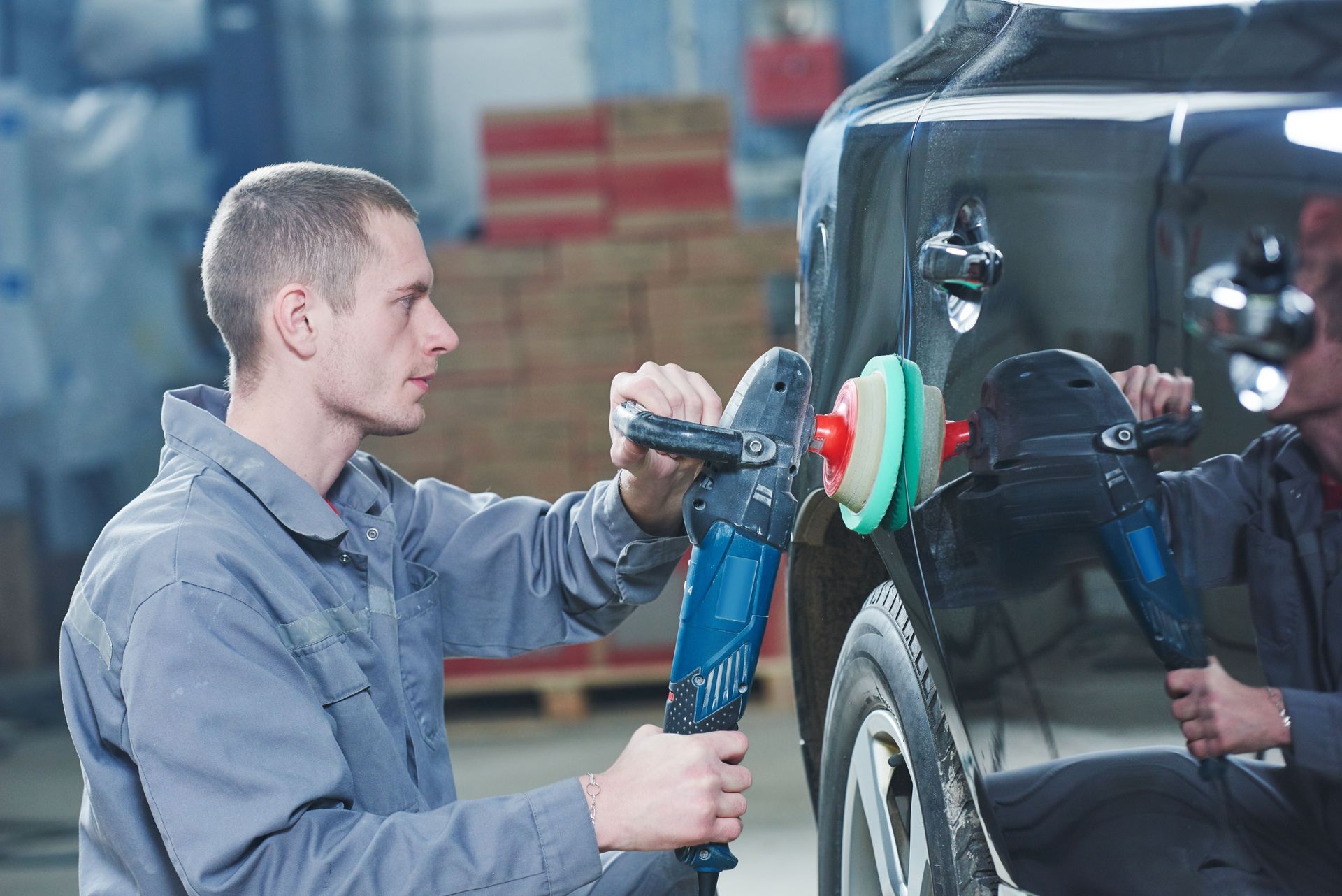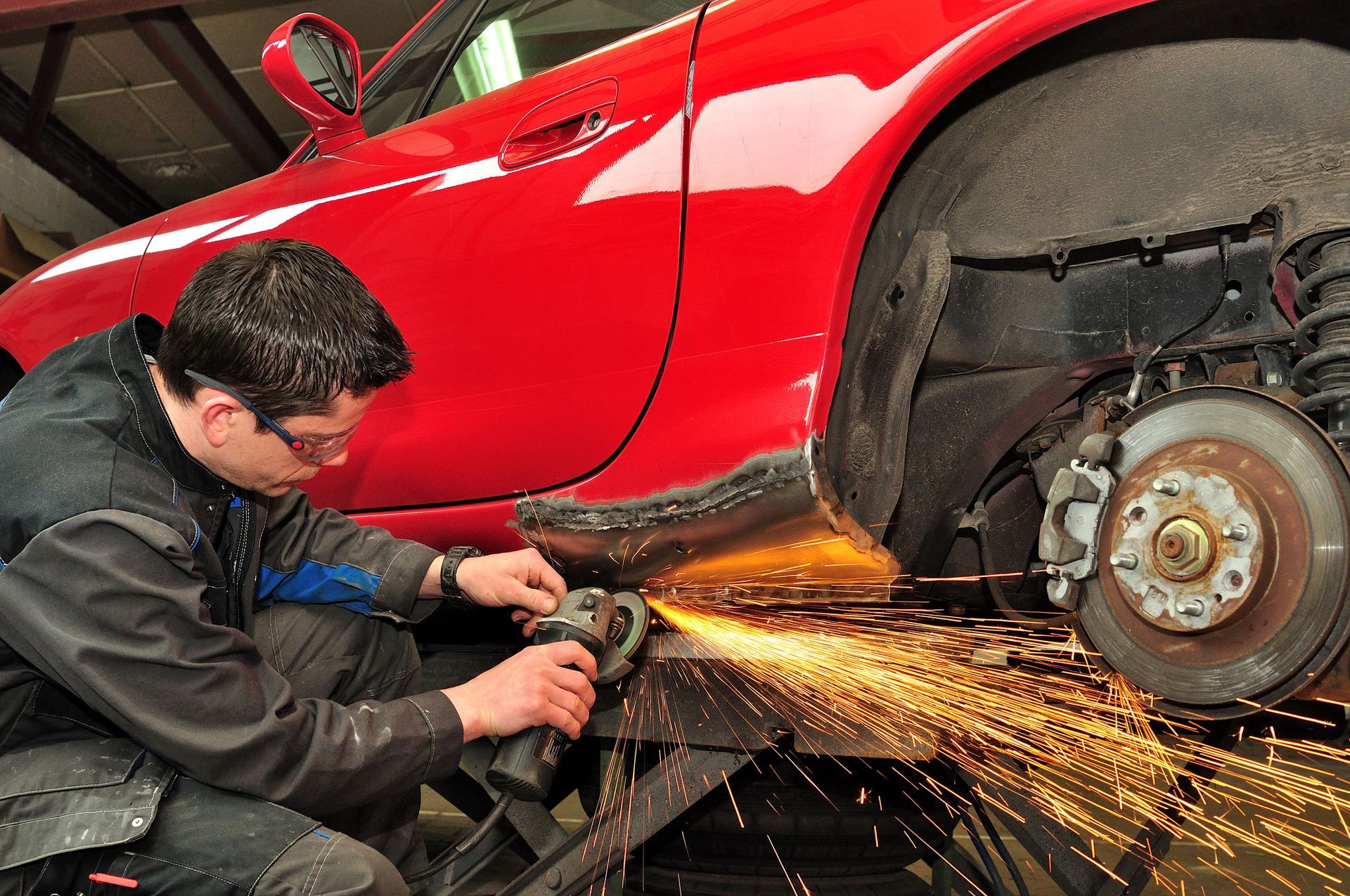Top Questions to Ask Before Visiting a Body Shop
Visiting a body shop for repairs or enhancements on your vehicle can be daunting. With diverse services and varying levels of quality, knowing what questions to ask beforehand can safeguard your vehicle and ensure a smooth process.
Understanding the Body Shop's Reputation
The reputation of a body shop can significantly impact the quality of service you receive. Knowing how long a body shop has been in business can give you insights into its reliability and stability. An established shop that has survived the test of time is more likely to have fine-tuned its operations and customer service. Inquire about references or testimonials from past clients to better understand their customer satisfaction level. Additionally, online reviews and ratings can offer an unfiltered glimpse into the experiences of other customers with the shop.
Industry certifications or awards can be a further indication of a body shop's reputation. Certifications from recognized bodies in the automotive repair industry demonstrate a commitment to quality standards and professional growth. These certifications may include ASE (Automotive Service Excellence) or I-CAR (Inter-Industry Conference on Auto Collision Repair) accreditations. A body shop's membership in professional associations, such as the Automotive Service Association (ASA), also reflects its pursuit of industry updates and negotiating power for quality parts. According to Grand View Research, the global transmission repair market size was estimated at $222.96 billion in 2023 and is estimated to grow at a compound annual growth rate (CAGR) of 3.1% from 2024 to 2030.
While awards and certifications offer confidence, your own research and queries should not stop there. Look for consistency in service recognition; a one-time award from five years ago might not reflect current practices. Consider speaking with regular customers if possible, as they can provide insights into the shop's ability to maintain quality over time. A well-established shop with a strong reputation is likely to deliver quality work; however, even newer shops can make a name for themselves by excelling in customer service and using innovative practices. Trust is essential, and a thorough evaluation of a shop's reputation can contribute greatly to making an informed decision.
Assessing the Quality of Work
Assessing the quality of work at a body shop involves looking at past projects and understanding the standards they uphold. Most reputable body shops will have no qualms about showing you examples of their previous work or even having previous clients vouch for them. Examining a shop's portfolio can give you insights into their attention to detail and craftsmanship. Another aspect to consider is the warranty or guarantee they offer on repairs, which can serve as an assurance of their confidence in their own work. A solid warranty will protect you from faulty repairs and ensure the longevity of your vehicle's enhancements.
The use of OEM (Original Equipment Manufacturer) parts is another important factor in assessing work quality. OEM parts tend to be more reliable and compatible compared to aftermarket parts, which can vary greatly in terms of quality. Ask the shop how they ensure color matching on paint jobs to guarantee a seamless look. The technology and paint-matching systems that a shop employs can greatly affect the outcome. Knowing the training and qualifications of the technicians can also provide peace of mind, as skilled technicians are better equipped to handle complex repairs.
Finally, you should consider how a shop measures performance and quality. Do they have internal audits, or do they seek customer feedback regularly? High standards in quality control can make a substantial difference in the final output. It's useful to ask whether the shop keeps up-to-date with the latest trends and technologies in auto repair, ensuring that your car benefits from cutting-edge practices. With the expected growth of the auto body repair market at a CAGR of 3-4% through 2030, the industry will likely witness numerous advancements, making ongoing education and adaptation essential for body shops aiming to deliver top-tier services.
Evaluating Cost and Insurance Options
Understanding the cost structure of body shops is crucial for managing your budget and avoiding surprises. Requesting a comprehensive written estimate from the body shop is essential to understanding the full scope of expenses you will incur. A transparent cost breakdown will include the cost of parts, labor, and any additional services or fees. Furthermore, knowing if the shop works with your insurance provider can greatly facilitate the repair process and potentially alleviate out-of-pocket expenses. Clarity on these fronts protects you from unforeseen financial burdens while ensuring your vehicle receives the necessary services.
Besides direct costs, it's important to inquire about any potential hidden fees or additional charges. Understanding whether the shop offers financing or payment plan options can also be helpful, especially for extensive repairs. It adds a layer of flexibility in managing repair costs, making it easier for you to afford necessary work without delaying it due to financial constraints. Transparent conversations can often lead to additional discounts or future service credits, particularly if the shop offers customer loyalty programs or other incentive schemes. It is wise to take full advantage of these opportunities to maximize savings.
Your evaluation of cost should not be limited to the current repair. It's beneficial to understand the ongoing relationship with the body shop as your service provider. Will they honor warranty repairs without additional fees? Can you expect future discounts on routine services? It's through this understanding that you can make long-term financial plans for your vehicle's maintenance. Leveraging a body shop's insurance options along with a clear cost evaluation will safeguard your finances while ensuring your vehicle is well cared for throughout its lifetime.
Understanding the Timeline and Process
Establishing a clear timeline for repairs is essential for planning and minimizing disruption to your daily life. Knowing how long the repair or service will take allows you to arrange alternative transportation and plan your schedule. Reputable shops should be able to provide a realistic time estimate based on a comprehensive assessment of your vehicle. It's also helpful to understand if you need to schedule an appointment or if the shop accepts walk-ins, which can further inform your planning. These initial insights form the basis for smooth operations and expected turnaround times.
Effective communication during the repair process is a hallmark of customer-oriented service. Inquire about the body shop's process for updates and communication throughout the repair. Will they notify you of significant milestones or potential delays? Can you easily reach someone for updates or concerns? These questions establish expectations for communication and identify the point of contact should you have questions or require status updates. A shop that prioritizes clear and open dialogue is more likely to align with your needs and provide reassurance that the job is progressing as planned.
Understanding the shop's policy for visits or inspections can also influence your experience. Some shops will allow or even encourage you to visit during the process, offering transparency and the opportunity to see the progress first-hand. Additionally, ask about their policy for addressing any additional repairs discovered during the process. Knowing these things in advance can help prevent misunderstandings and ensure mutual satisfaction.
Choosing the right body shop is crucial for ensuring the quality and safety of your vehicle. By asking these questions and understanding what each shop offers, you can make an informed decision, gain peace of mind, and ensure your vehicle is in competent hands. Contact Mullins Body Shop today for more information.





Share On: